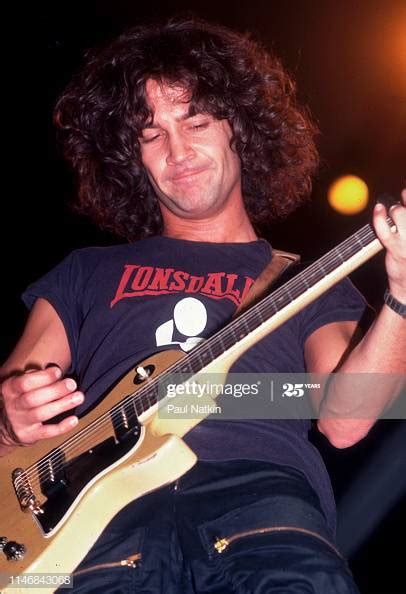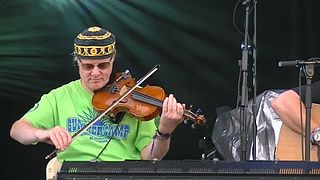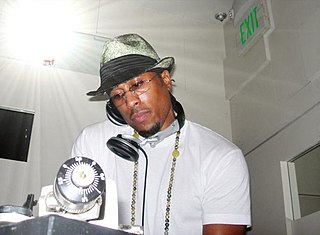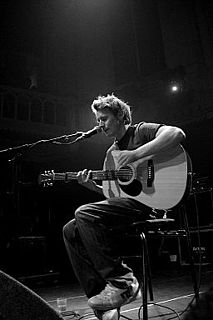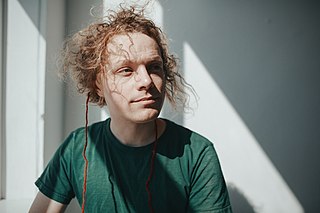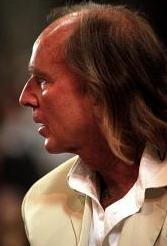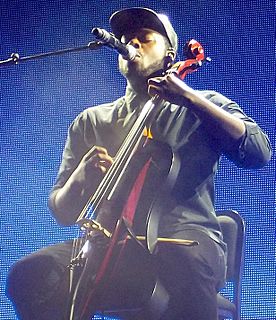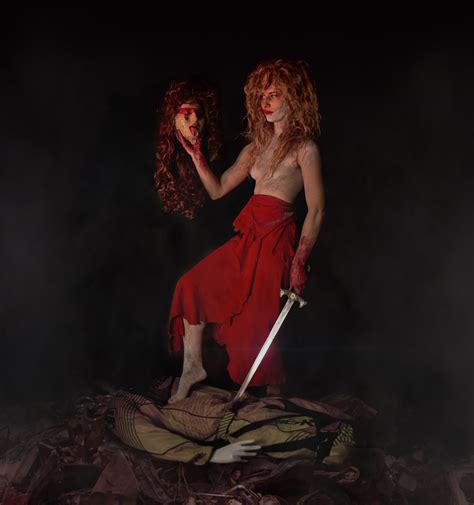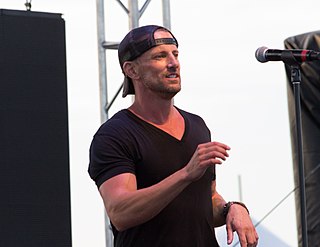A Quote by Billy Squier
Music is cyclical, but I've never thought of the music I make as being so off the wall or left field that it wouldn't always have an audience that would relate to it.
Related Quotes
We have an incredible audience. I'm as proud of how Fairport relates to its audience as I am of any music we have produced. I think we're a real people's band. Massive popular success has never bothered Fairport. We've never been put in the position of being celebrities. A Fairport concert is like a meeting of friends. There's no big, security wall around us. It's kind of how music should be.
I didn't know if it would be a successful one, or what the stages would be, but I always saw myself as a lifetime musician and songwriter...I was always concerned with writing to my age at a particular moment. That was the way I would keep faith with the audience that supported me as I went along...I'm a synthesist. I'm always making music. And I make a lot of different kinds of music all the time. Some of it gets finished and some of it doesn't...The best music is essentially there to provide you something to face the world with.
That's always been the process of our music, in a sense, keeping it simple, not being so heavy that you are beating people over the head, it's just weighted down and it's like, "oohhh I can't relate." People are able to relate because we talked about things that everyone has experienced, it doesn't matter your race or genre. Music was your mainstay. There was something in our element of music that connected.
If we reject the word, or any word that labels music, what's left? That's the question we should all ask ourselves. Ben Ratliff asked it, and he came up with aesthetic categories. That's not what I would say. What's left are communities who make music together, or among whom music circulates. That's it.
In an odd way I thought I was lowering the bar for myself, in saying, well, I'll make a pop album. But in a way it's kind of harder to make pop music. It's like the more abstract you get with music, you get into that emperor's new clothes thing, where you can go anywhere, and just claim that your audience may not be prepared to go with you. But with pop music, I think everybody understands the form, everybody knows what it's meant to do. So I would say it's harder to write that kind of music.
If politically infused music is denied airplay, music reviews or festival stage time because it is considered "politics" rather than "art", then there will be no music left to ban. It will never reach the surface anyway, not to the larger audience. I believe that there is a high degree of censorship in the west, most importantly in the form of self-censorship among musicians themselves. This is why what you hear on the radio is - increasingly often - pure and toothless entertainment. Almost by definition, there's nothing left in pop music worth banning.
I think that ultimately, when you create music that is proper music, then it becomes fundamental and anyone can relate to it or connect to it. When done properly, the language doesn't really have anything to do with it. It's actually the music as a whole. When it is speaking truth, everyone can relate to that on a fundamental level.
